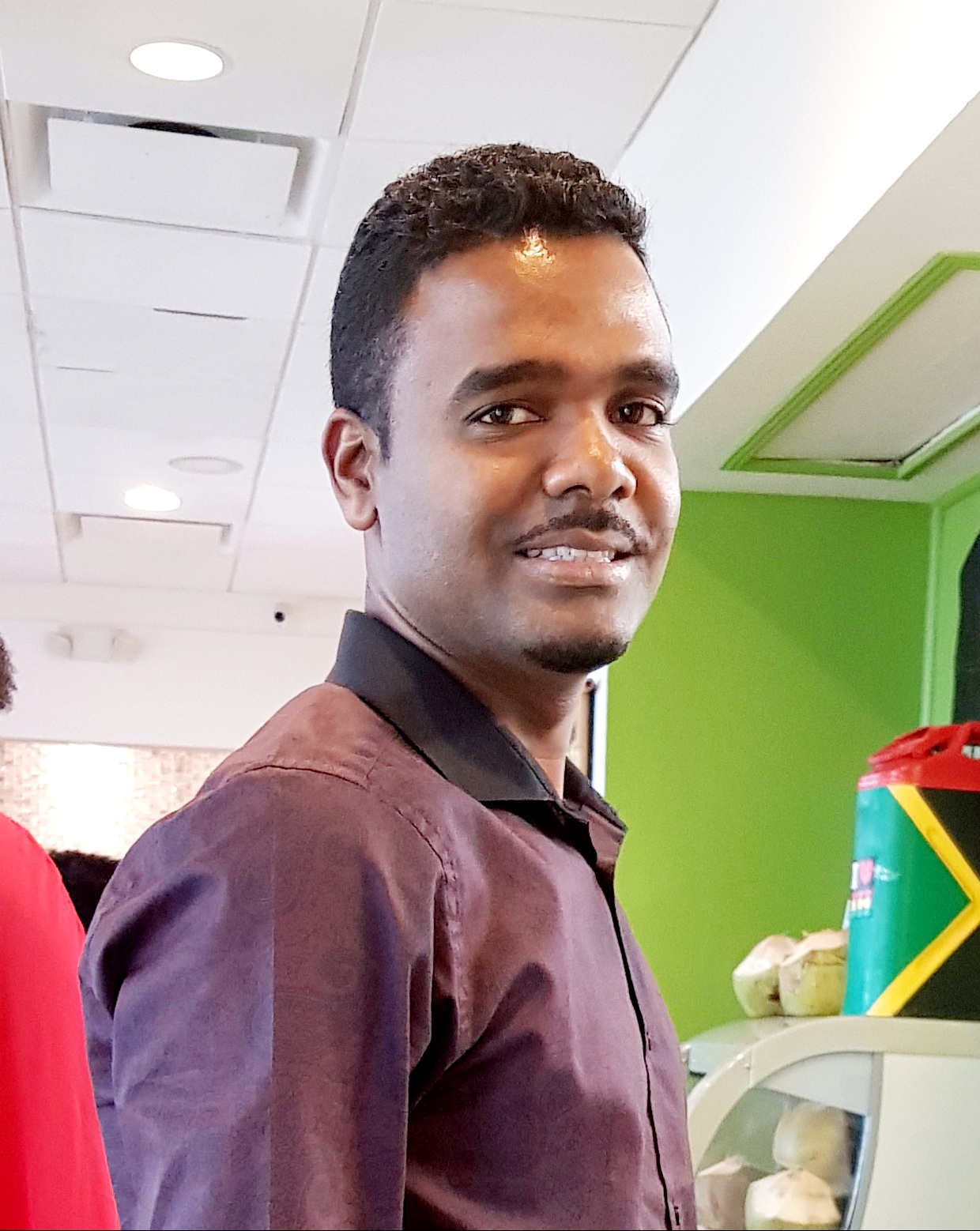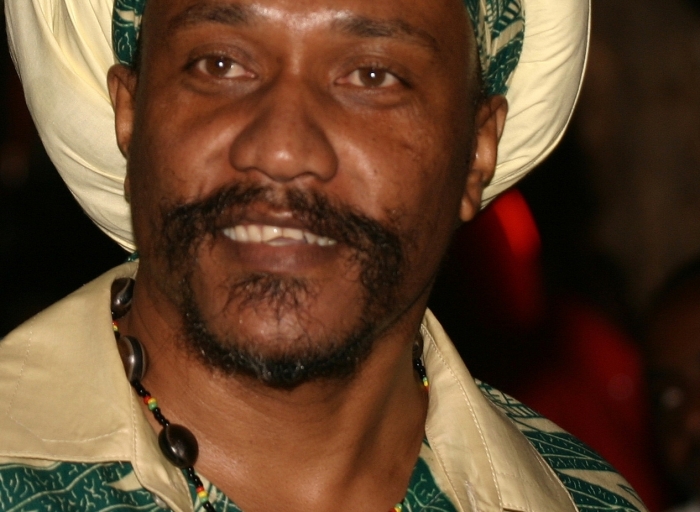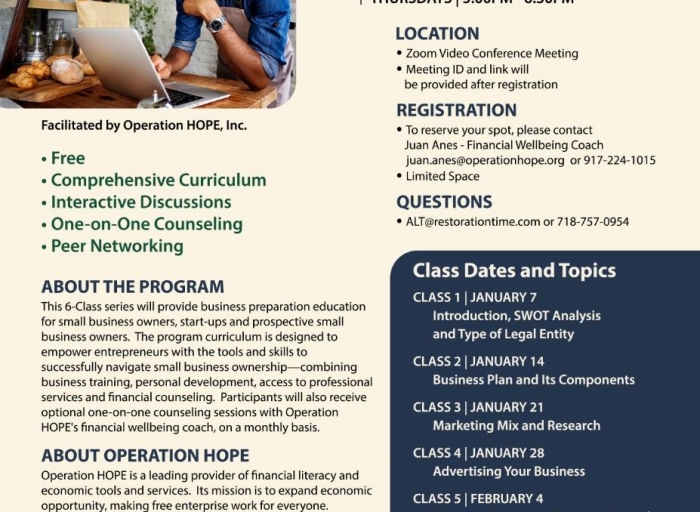Writer: Dr. Dwayne Dyce
We look at our past because we long to connect with our true identity, those parts of ourselves that we are unable to let go of. Life’s journey affords us the opportunity to test our endurance as we tackle obstacles while finding the balance that brings us peace. To navigate this life, we initially depend on our families and close friends to push us through the difficult times until we are able to stand up on our own. Only then can we begin to rise above past hardships with the wisdom and confidence we gain from what we learned on the way. All these years later, I am now able to treasure the valuable lessons I learn through my evolving self-reflection.
My upbringing in deep rural Jamaica was not easy. Despite having no luxuries during my school days, I competed formidably with other academically focused students who had similar and far better circumstances. If I did not look back on my past, I would never have known how many “things” I went without during my formative years. Even without material possessions, I became the man I am, today. No fault of their own, a child’s greatest intellectual potential can be lost because of their lack of access to basic resources. The knowledge of this fact was all too evident to me in my life. Consequently, as I grew up, I became resolute that the annihilation of any obstacle between a child and him or her getting a solid education must be achieved through concerted effort, personal commitment and unwavering purpose. This became the cornerstone of my “why” and the reason that compels me, in my leadership role in JDTAN, to do my part to ensure the educational growth of children living in Jamaica, the country of my birth. The thought of these children motivates me, every day, to develop partnerships with as many individuals and organizations as possible so that they can help to secure essential resource access for Jamaican children in need of a quality education now and in our ever-changing times.
Over the many years that I have taught in vastly different educational systems in the US and in Jamaica, the educational landscape has never been as messy an undertaking as it has become during the COVID-19 pandemic. The success of an educational institution, in any country, requires a commitment to student success that is greater than any individual, institution or nation. For most educators, this work is very much a vocation, an almost spiritual calling to serve children. As educators, we give all of ourselves in ways on a daily basis only rivaled by healthcare workers. This dedication to serve children illustrates the noble nature of the person who dares to teach. Educational institutions are often at odds with this representation of educators and therefore administrations all too often use punitive measures and procedures as a means of confining the educator to performing generalized classroom instruction to the detriment of students who would substantially benefit from more differentiated instruction. If one examines the education systems from the formation of teachers through teacher evaluations, we can begin to analyze the questionable construction of various social and institutional educational tenants so embedded in our educational system that we inadvertently overlooked in our vocation and all the way back to our upbringing.
We cannot blame the teacher and we should not blame the education systems in which we were educated. I am suggesting that we begin to look at how to fix what is broken and also identify how we can correct the intolerable inaccuracies in our history in order to finally honor our ancestors. Let us start with our story, that of who we are as a people through a lens of accuracy that was deliberately denied to us in the past. Let students dig for information on their past by applying tried and true inquiry-based research practices, starting with their own families. Encourage students to talk to their grandparents about their lives and the towns’ older citizens to get a vision of the world as it was during their youth. As educators, we must begin to teach students how to ask the right questions. By doing so, students will discover their true identity, which is the foundation and starting point for all of their learning because once they know who they are, they can best charter a path to whom they will chose to be.
Educators, let’s empower our students to reclaim their true narratives, one school at a time.
Dr. Dwayne Dyce serves as Chairman of Jamaica Diaspora Education Task Force



